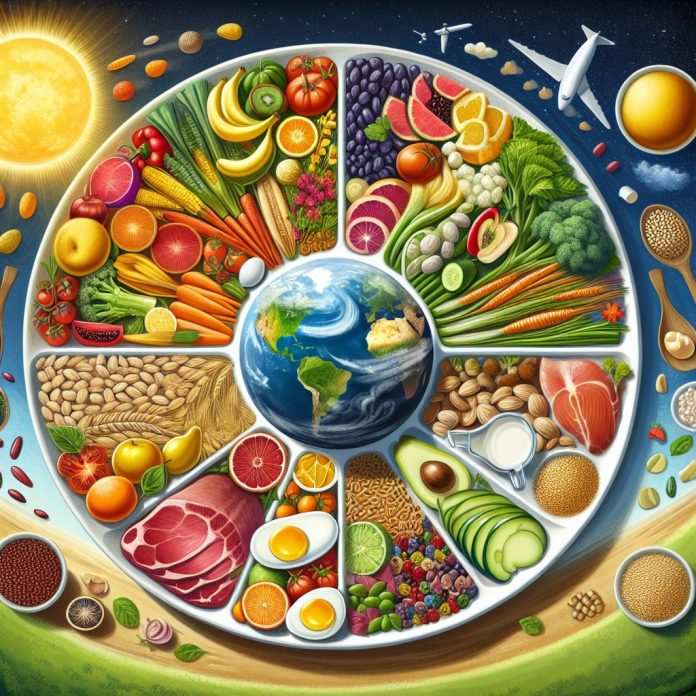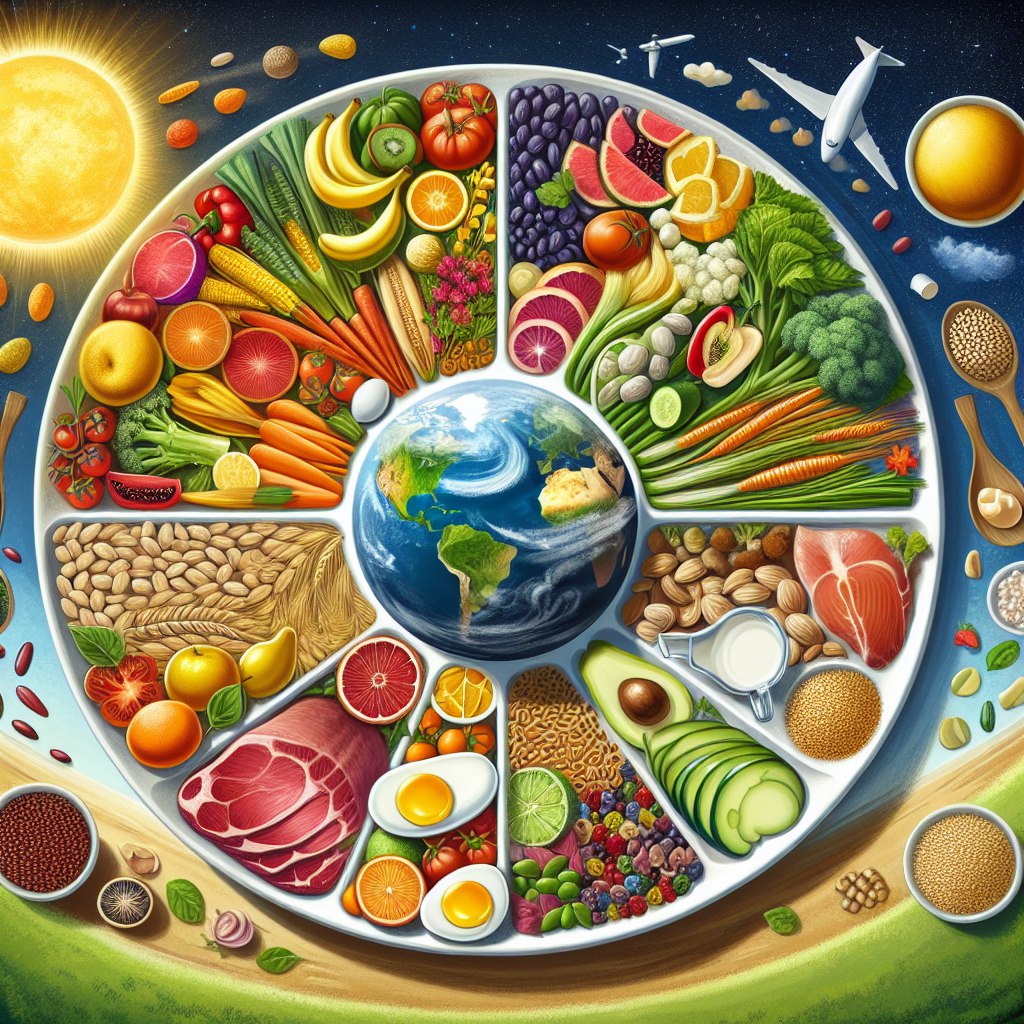
🌱 Introduction to Planet-First Diet
A planet-friendly diet rich in fruits, vegetables, and whole grains can significantly reduce the risk of premature death while simultaneously lowering greenhouse gas emissions. A recent study highlights that closely adhering to such a diet cuts the risk of early death by nearly one-third.
🌿 Health and Environmental Benefits
🍎 Dietary Impact on Health
“Eating more whole plant foods, less animal foods, and fewer highly processed foods benefits both people and the planet,” says Dr. David Katz, a preventive and lifestyle medicine specialist. Although Katz wasn’t involved in the study, he underscores the amplified message of this research: a diet conducive to planetary health also correlates with reduced all-cause mortality.
🌏 Environmental Impact of Food Production
Food production is a significant contributor to the climate crisis. Raising livestock for consumption requires vast agricultural land, leading to deforestation, biodiversity loss, and water pollution. Additionally, ruminant animals like cattle, sheep, and goats produce methane, a potent greenhouse gas. For instance, one cow can emit up to 500 liters of methane daily, contributing to nearly 15% of global greenhouse gas emissions.
🌾 Study Findings
📊 Research Highlights
The study, published in The American Journal of Clinical Nutrition, found that a planet-healthy diet reduces land use by 51%, greenhouse gas emissions by 29%, and fertilizer use by 21%, while extending life expectancy.
“For every major cause of death we looked at, there was a lower risk in people adhering to the planetary health diet,” notes Walter Willett, professor of epidemiology and nutrition at Harvard T.H. Chan School of Public Health.

🍇 Diet for People and Planet
🥦 EAT-Lancet Commission Diet
In 2019, the EAT-Lancet Commission, comprising 37 leading scientists from 16 countries, developed a diet aimed at maximizing human health and reducing environmental impact. This diet emphasizes consuming a variety of fruits and vegetables, whole grains, legumes, and plant-based proteins while limiting meat and dairy intake.
📚 Comprehensive Analysis
The recent study analyzed dietary data from over 200,000 participants in long-term studies. Participants, enrolled in the Nurses’ Health Study I and II and the Health Professionals Follow-Up Study, provided dietary information every four years for 34 years. Researchers then assessed the diets based on 15 food groups, focusing on foods that require fewer resources to grow, such as whole grains, vegetables, legumes, and unsaturated plant oils.
📉 Significant Health Outcomes
🩺 Reduced Mortality Risks
The study found that individuals in the top 10% of adherence to the Eat-Lancet planetary diet were 30% less likely to die prematurely from any cause compared to those in the bottom 10%. Additionally, those closely following the diet had:
- 28% Lower Risk of neurodegenerative mortality
- 14% Lower Risk of dying from cardiovascular disease
- 10% Lower Risk of dying from cancer
- 47% Lower Risk of dying from respiratory diseases, even among non-smokers
🌍 Conclusion: Linked Health and Sustainability
“The findings demonstrate the interconnectedness of human and planetary health,” says Willett. “Eating healthfully boosts environmental sustainability, which is essential for the health and well-being of everyone on Earth.”
By adopting a planet-friendly diet, individuals can improve their health outcomes while also contributing to the fight against climate change.



















